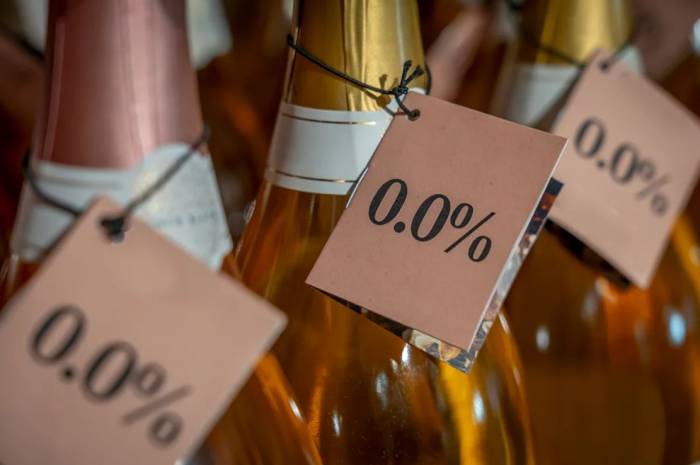
A new wine dealcoholization center has opened in Vic-Fezensac, in the Gers region of southwestern France, aiming to meet the growing demand for alcohol-free wines. The facility, called Chai Sobre, was inaugurated in June and is managed by Romain Laher, an engineer specializing in dealcoholization processes. Laher explained that today’s consumers increasingly expect wines with zero percent alcohol, prompting producers to adapt their methods.
The winemaking process for dealcoholized wines at Chai Sobre does not differ fundamentally from traditional vinification, according to Frédéric Ben, who oversees winemaking and oenology at the center. The key difference comes after fermentation, when the alcohol is removed using a specialized cold distillation technique. This method, developed recently, reduces the pressure inside the machine and lowers the boiling point of alcohol. As a result, alcohol can be separated from the wine at much lower temperatures than with classic distillation. Laher said this approach helps preserve the wine’s aromas and overall quality.
However, removing alcohol from wine increases its perceived acidity. To balance this effect, sugar is added to the final product. This adjustment is necessary to maintain a pleasant taste profile for consumers. This year, Chai Sobre expects to produce around 6,000 hectoliters of dealcoholized wine and plans for annual growth of 50 percent. Ben said the center is still young but expanding rapidly, with hopes to eventually reach a production capacity of 80,000 hectoliters per year.
The project was launched by Moderato, a start-up specializing in non-alcoholic wines, in partnership with Vivadour, a cooperative group representing 400 winegrowers in Gers. Sébastien Thomas, co-founder of Moderato, said that Gascogne’s distinctive grape varieties—such as gros manseng, colombard and sauvignon—are well-suited to meet changing consumer preferences. He described the shift as part of a broader cultural trend away from alcoholic beverages.
Pascal Dupeyron, head of Vivadour’s wine division, noted that French wine sales have been declining steadily since the 1960s—a trend that accelerated in the 1970s and 1980s and continues today despite France’s reputation for quality winemaking. Dupeyron said that younger generations are especially less interested in alcoholic drinks. In response to these changes and to help local growers find new markets for their grapes, Vivadour began exploring dealcoholized wine production in 2023.
Industry data supports this shift. According to a 2022 report from France’s National Committee of Wine Interprofessions (CNIV), wine consumption in France is expected to fall by 25 percent by 2035. Meanwhile, global sales of non-alcoholic wines are projected to surge from $1.8 billion in 2022 to $5 billion by 2032, according to U.S.-based research firm Fact.MR.
Moderato currently sells half its products within France and exports the other half to fifteen countries including Canada, Switzerland, Denmark and the United Arab Emirates. Thomas said he hopes non-alcoholic wines will soon be recognized as part of France’s tradition of excellence in winemaking. The opening of Chai Sobre marks a significant step for both local producers and the broader industry as they adapt to evolving tastes and market demands.

Dining and Cooking